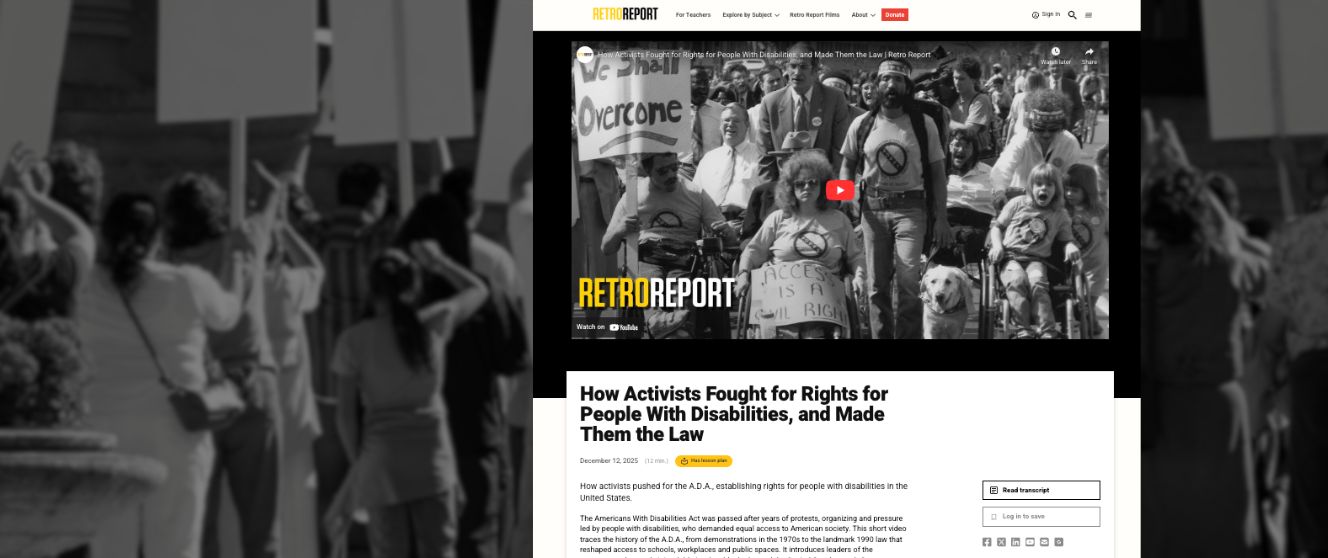
An act to amend, repeal, and add Section 6106.2 of the Business and Professions Code, to amend Sections 55.3, 55.52, 55.53, 55.54, and 55.56 of, to add Sections 55.31, 55.545, and 1938 to, and to add, repeal, and add Section 55.32 of, the Civil Code, to add Section 425.50 to the Code of Civil Procedure, to amend Sections 4459.8 and 8299.05 of, to add Chapter 7.5 (commencing with Section 4465) to Division 5 of Title 1 of, and to repeal and add Sections 8299.06, 8299.07, and 8299.08 of, the Government Code, and to add and repeal Section 18944.5 of the Health and Safety Code, relating to disability access, making an appropriation therefor, and declaring the urgency thereof, to take effect immediately.
Summary
SB 1186 requires that attorneys provide copies of demand letters alleging discrimination caused by violations of construction-related accessibility law by covered entities to the California State Bar for review, reduces money damages for incidences of disability discrimination by public accommodations that are currently commonly available under the Unruh Act, and prohibits attorneys and persons from making a prelitigation demand for money except in limited circumstances.
Status
Approved by Governor September 19, 2012. Filed Secretary of State September 19, 2012.
Our Position: Oppose
If enacted, SB 1186 will create powerful disincentives for businesses to voluntarily comply with accessibility requirements. In essence, the bill raises the stakes for all people with disabilities by narrowing the opportunity to settle a complaint before bringing a lawsuit, and simultaneously creating additional opportunities for defendants to stay court proceedings when brought. If there are attorneys and plaintiffs who are engaging in unethical litigation threats and practices using disability rights law, the solution is to pursue those individuals with existing court and state bar sanctions. Changing disability rights laws so as to protect all non-compliant defendants undoes the careful balancing and congressional debate that lies behind the ADA. If so empowered by this legislation, businesses will continue to delay removal of physical barriers and continue their “wait and see” approach to ensuring access for people with disabilities. In effect, SB 1186 will reward businesses for failing to comply with a federal civil rights law, as well as California’s own access laws which have been in place even longer.

